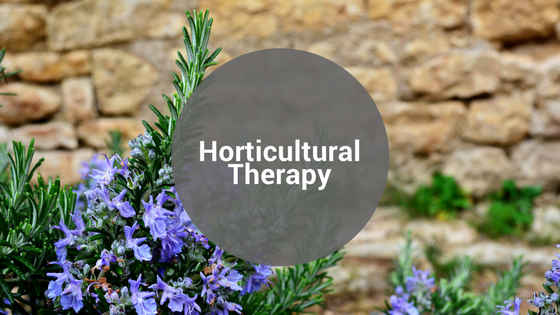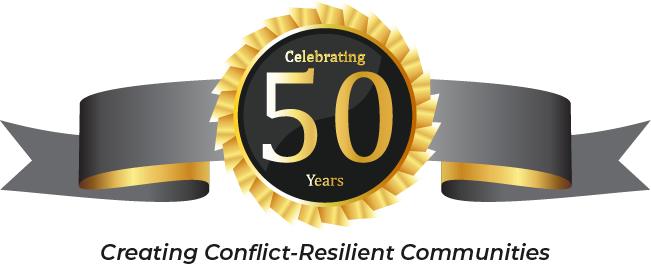Horticultural Therapy

With the change of season (although it may not feel like it), everyone starts to get excited about planting flowers. Whether it’s a staple piece in the front yard, or a colorful window plant indoors, flowers will brighten up anyone's mood. This fact has even been scientifically proven, it’s called horticultural therapy. Horticultural therapy (also known as social and therapeutic horticulture or STH) is defined by the American Horticultural Therapy Association (AHTA) as, “the engagement of a person in gardening and plant-based activities, facilitated by a trained therapist, to achieve specific therapeutic treatment goals.”
The number of people who have gardens in the United States has expenationally grown over the past ten years. As of 2017, there are nearly 118 million people with gardens. This is just a small testament to how much of an impact gardening has on our culture. At the Center for Dispute Settlement (CDS) we strive to help build our community, as well as help resolve conflicts in a peaceful way. Peaceful meaning in a way that reduces stress, which is just what horticultural therapy aims to do. Many other local communities are on board with helping promote horticultural therapy as well, check it out!
The American Horticultural Therapy Association says, “the therapeutic benefits of garden environments have been documented since ancient times. In the 19th century, Dr. Benjamin Rush, a signer of the Declaration of Independence and recognized as the "Father of American Psychiatry," was first to document the positive effect working in the garden.” These therapeutic gardens are usually large spaces with paths, color, texture and fragrances.
In the end, every person has different levels of stress, and every person relieves their stress in different ways. Horticultural therapy allows a person to get rid of stress in a productive and peaceful way. At CDS, we want to use and promote peace. Whether that is through resolving a dispute, or helping to build the community, we can help you find the right solution.
To learn more about the Center for Dispute Settlement and what we do within our local communities, contact us today!



